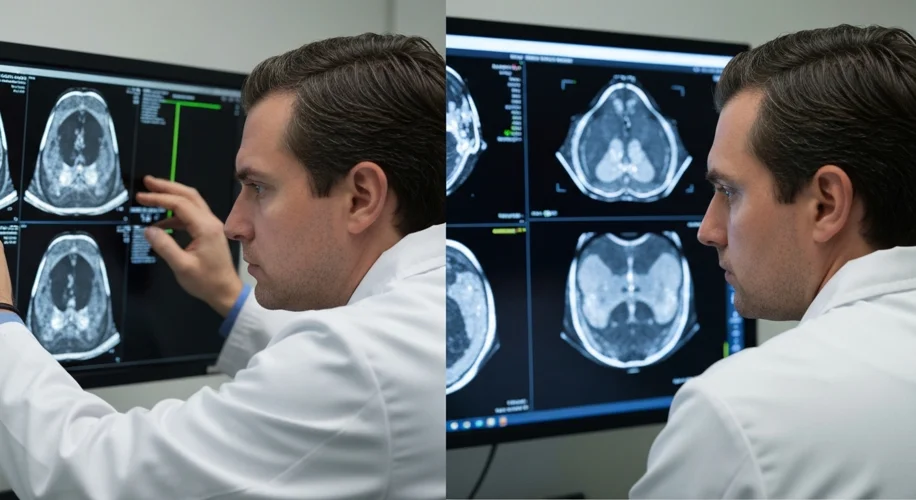In my years as an archivist, I’ve seen how technology can both enhance and, at times, unintentionally alter human capabilities. It’s a pattern that seems to be repeating itself today, even in the critical field of medicine.
A recent study has brought to light a curious, perhaps even concerning, development: doctors’ ability to spot cancer might be declining due to their increasing reliance on Artificial Intelligence (AI) diagnostic tools. It seems that in just a matter of months, the very technology designed to assist us is potentially eroding a fundamental human skill.
Let’s examine this. AI in medical imaging, for instance, can process vast amounts of data and identify subtle patterns that might escape the human eye. This is remarkable, offering the promise of earlier and more accurate diagnoses. However, the study suggests that as doctors lean more heavily on these AI systems, their own honed diagnostic instincts could be diminishing. It’s akin to a skilled artisan relying solely on a machine – the machine produces the work, but the artisan’s own manual dexterity might lessen over time.
This raises a critical question: where do we strike the balance? How do we leverage the incredible power of AI without losing the invaluable, nuanced understanding that comes from human experience and intuition? The history of technology is replete with examples where new tools changed the way we work, and sometimes, our own skills adapted in unexpected ways. Think of the transition from manual calculation to calculators, or from handwritten manuscripts to word processors.
In medicine, the stakes are exceptionally high. The ability of a doctor to not only interpret data but also to understand the patient as a whole, to communicate complex diagnoses with empathy, and to make judgment calls based on years of hands-on practice remains irreplaceable. AI can be a powerful co-pilot, but the pilot needs to remain fully in command, with their skills sharp and ready.
This study isn’t about dismissing AI; its potential in healthcare is immense. Instead, it’s a reminder of the importance of continuous training and of maintaining the core competencies that human professionals possess. We need to ensure that AI serves as an augmentation, a supportive tool that enhances human expertise, rather than a replacement that leads to its atrophy. The challenge ahead is to integrate these advanced technologies thoughtfully, ensuring that human skill and judgment remain at the forefront of patient care.

